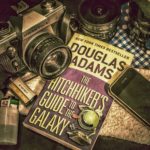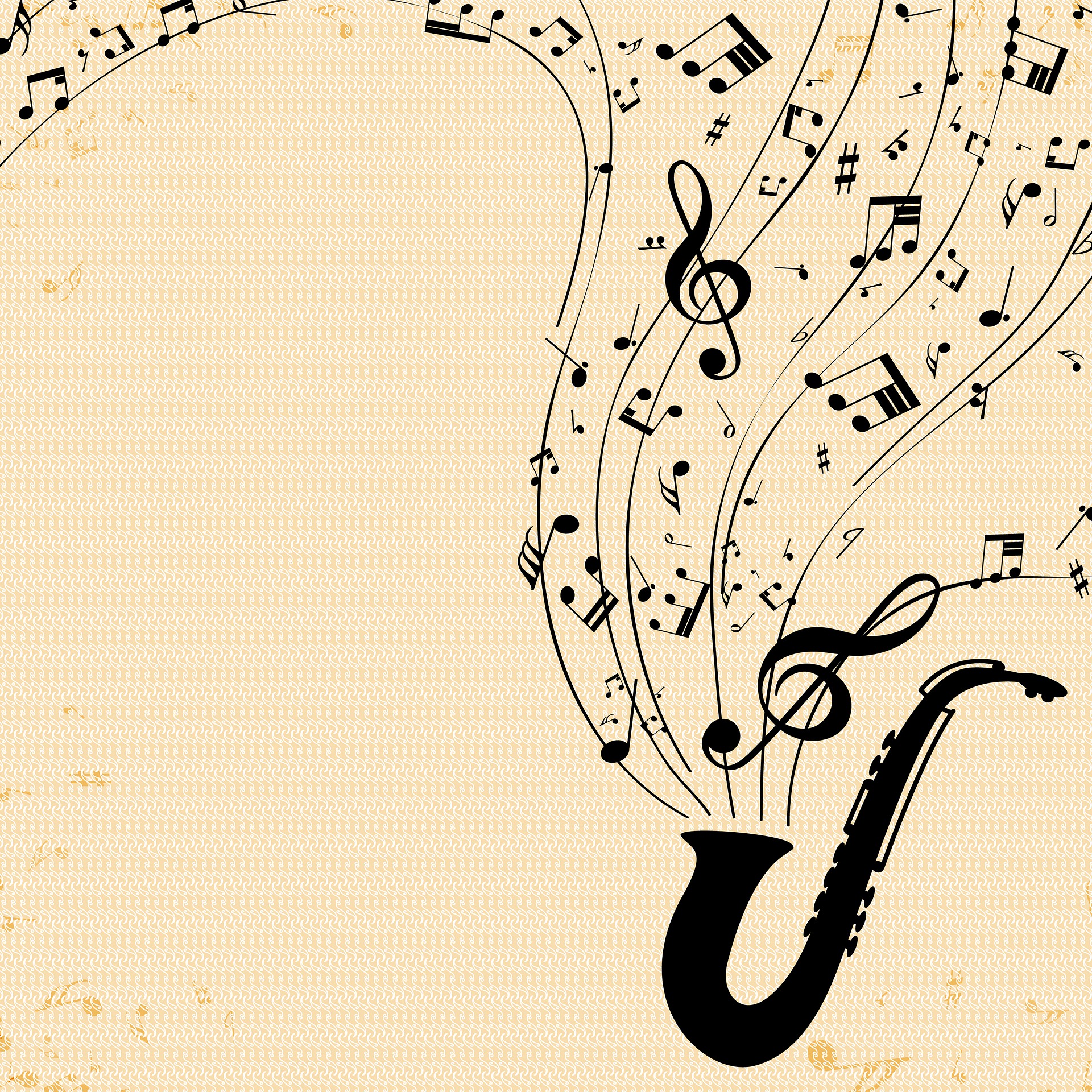Recently I had the great pleasure of meeting author Matthew Alper, who describes a fascinating book of his below:
It is not a coincidence that all humans have a nose in the middle of their face or that all cats have whiskers or that all Monarch butterflies have the exact same pattern on their wings. These are inherited traits passed on through that creature’s DNA. This same principle also applies to all universal behaviors. For instance, it is also not a coincidence that all dogs bark, cats meow and beavers build dams. All these behaviors represent inherited instincts also passed on through that animal’s DNA. Take a kitten away from its mother at birth and raise it by humans, and it will still grow to meow indicating that it is not a learned behavior but an instinctual one. Since all behaviors are generated from an animal’s brain, this would suggest that somewhere in all cats’ brains there must exist a specific region responsible for generating that particular instinct or what we might call the “meow” part of its brain.
Similarly, every human culture has created its own spoken language suggesting that this, too, must constitute an inherent part of our species. With the help of neuroscience, we have located these specific regions i.e., the Wernicke’s area, the Broca’s area and angular gyrus. Damage incurred to one of these parts will result in what is called a linguistic aphasia, some impairment to an individual’s capacity to either communicate or comprehend a spoken or written language.
In my book, The “God” Part of the Brain: A Scientific Interpretation of Human Spirituality, I have taken these same sociobiological principles and applied them to the fact that every human culture has believed in some form of a spiritual reality. As is true of our universal capacity for language, might the universality with which humans believe in some form of a spiritual realm also represent an inherent characteristic of our species, a genetically inherited trait? Are humans “hard-wired” to believe in the concepts of gods, a soul and an afterlife? Is it possible that our beliefs in the supernatural, the paranormal, magic and superstition are nothing more than manifestations of the way our species has been genetically predisposed to perceive reality? Are our beliefs in such things real or perhaps merely the consequence of an evolutionary adaptation…a coping mechanism…that emerged in our species to help us deal with the overwhelming existential anxiety that comes with our unique and otherwise debilitating awareness of death?
Available here on Amazon, this book explores these questions…







